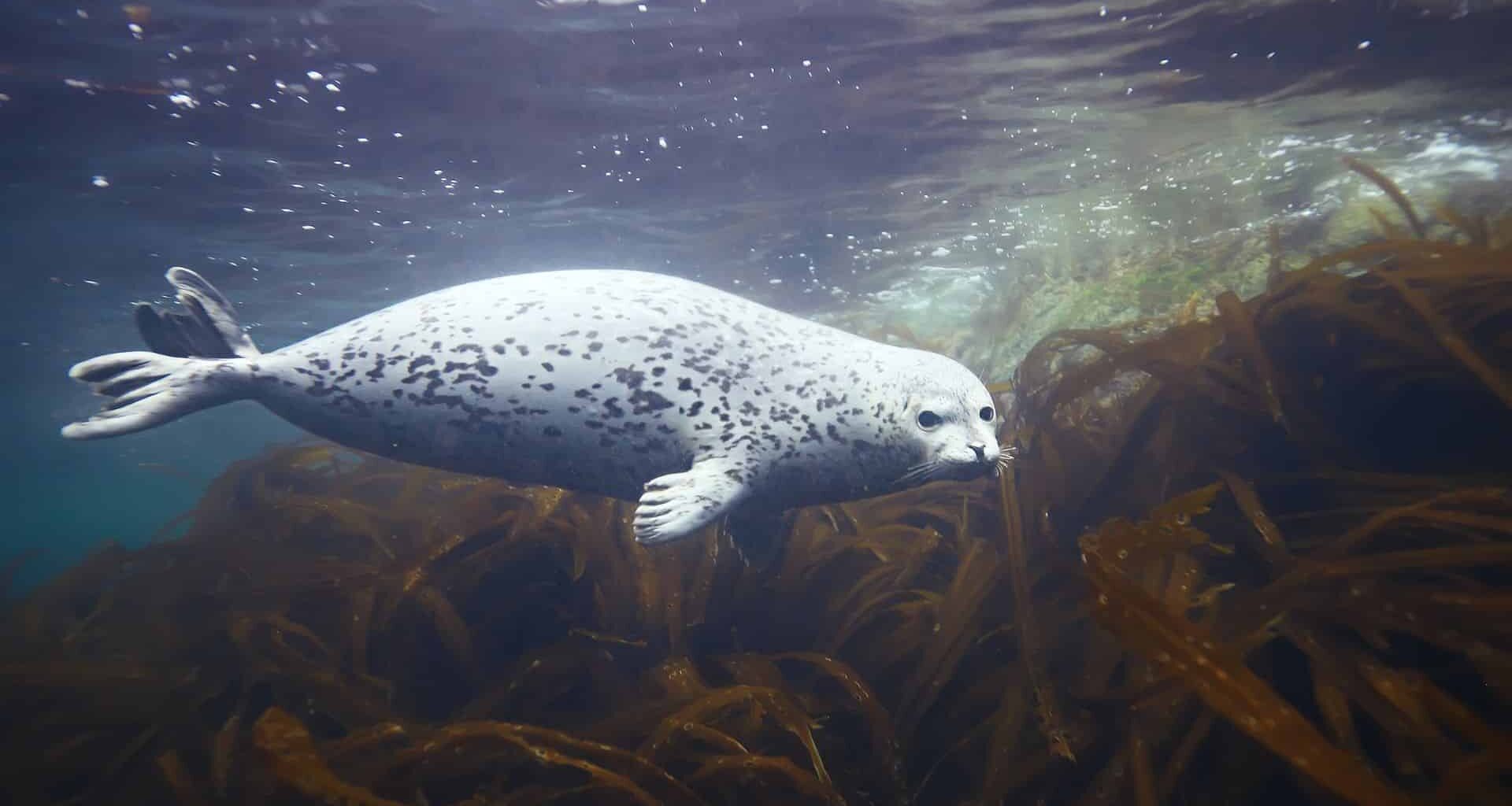On July 22, 2003, a leopard seal was involved in a fatal encounter that shocked researchers and raised new questions about the safety of working in remote regions. A 28-year-old marine biologist from the British Antarctic Survey (BAS), lost her life while conducting fieldwork in the Antarctic Peninsula. The incident marked the first recorded fatality caused by a leopard seal and was widely covered by outlets like Mirror.
The attack occurred near the Rothera Research Station, where Kirsty was studying the effects of iceberg disturbance on marine life. This rare event left many in the scientific community deeply concerned.
A Deadly Encounter with the Leopard Seal
Kirsty and a colleague were snorkelling in the bay adjacent to Rothera Research Station, undertaking survey work as part of their research on the effects of iceberg disturbance on the Antarctic marine ecosystem. As they were in the water, a leopard seal attacked without warning, dragging Kirsty underwater.
The seal, known for its large size and power, has sharp canines that can grow up to an inch long, and the male can reach lengths of up to 3.5 meters and weigh over 500 kilograms. The seal is generally solitary and inquisitive but is not typically known to attack humans. However, in this rare and horrifying incident, Kirsty’s life was tragically cut short.
Two of her colleagues, who were on the shore, witnessed the attack and immediately rushed into action. They managed to pull Kirsty from the water and began cardio-pulmonary resuscitation (CPR) in the rescue boat as they made their way back to the research station. Unfortunately, despite an hour of resuscitation efforts, a statement from BAS reported,
Despite carrying out cardio-pulmonary resuscitation for one hour, the station doctor and [her] colleagues were unable to revive her.
Kirsty passed away from the injuries sustained during the attack, leaving a profound void in the Antarctic research community.
The Risks of Working with Wildlife in Remote Areas
Kirsty’s tragic death highlighted the inherent risks of working in remote, wild environments. At the time, researchers in the region routinely dove and snorkelled during the winter months, a period not considered particularly risky. The BAS had strict safety procedures in place, and initial reports indicated that Kirsty and her colleague had followed all safety procedures, which were confirmed during the investigation. Despite this, the attack was a reminder of the unpredictability of wild animals in their natural habitats.
The leopard seal’s inquisitive nature means it sometimes interacts with humans, but attacks are extremely rare. In fact, before Kirsty’s fatal encounter, no human had been fatally injured by a leopard seal during over 30 years of BAS diving and snorkelling activities. This tragic event marked a turning point, prompting further discussions on the safety of researchers in the Antarctic, where the number of scientists continues to grow. Kirsty’s case remains the only recorded attack of its kind, but the incident has left lingering questions about the potential risks in the future.
A Legacy of Dedication and Passion
Kirsty Brown was a passionate and dedicated scientist. She had previously worked as a diver and researcher in Greenland and Australia before joining the BAS’s Life at the Edge: Stresses and Thresholds (LATEST) Research Program. Kirsty’s research aimed to understand the impact of iceberg disturbance on marine communities near the Antarctic peninsula. She had nearly completed the first phase of her work, which involved laying out 500 concrete and plasticine markers to track iceberg gouging on the seabed.
In the wake of her death, her colleagues and family remembered her as a vibrant, dynamic individual with a promising future ahead. Lloyd Peck, an ecophysiologist and head of the LATEST program, said that Kirsty was “full of energy and enthusiasm … a good scientist who worked very hard and could do boring mundane aspects of work with a smile on her face.” Lloyd added that he “wished all scientists were like Kirsty” and expressed his determination to continue her project.
Her family also expressed their devastation, with her parents Tim and Judith Brown, along with her siblings, saying in a statement:
Naturally we are devastated about the news from the Antarctic – it all seems quite unreal. Kirsty was a great girl and we are all very proud of her. Right now we are looking to spend some quiet time at home with the family.
The director of BAS, Chris Rapley, also shared his condolences, stating:
This is tragic and shocking. My heart goes out to Kirsty’s family and her colleagues at Rothera. Kirsty was a vibrant, dynamic individual committed to her science and with a promising scientific career ahead of her. The Rothera team reacted in a highly efficient and professional manner… They are, however, shaken by the loss of a colleague and will need our support.


